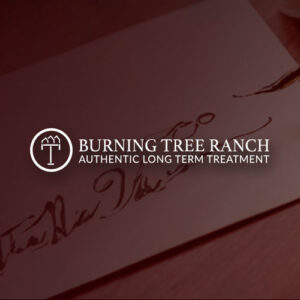
Identifying Chronic Relapse: Measuring Periods of Sobriety
The constant cycle of relapse raises an important question: how can we tell if someone is indeed building a foundation for lasting sobriety versus temporarily abstaining from substances? Additionally, what can our loved one’s patterns of behavior tell us about an impending relapse?







